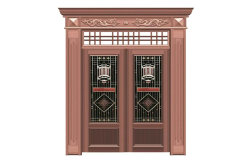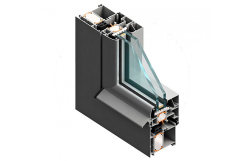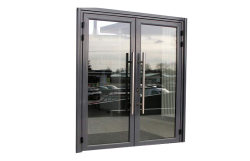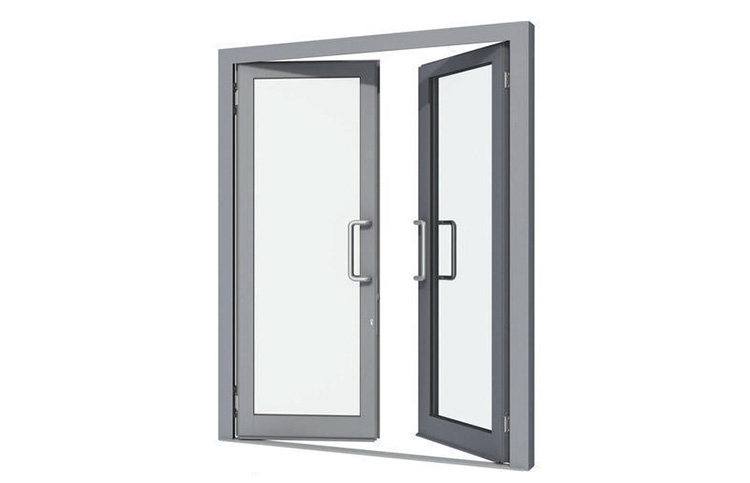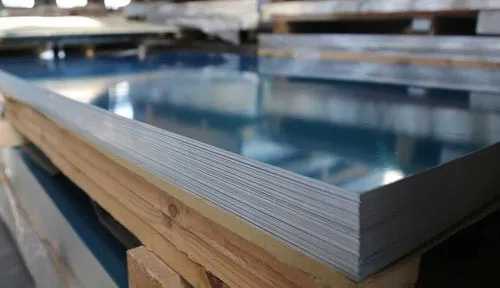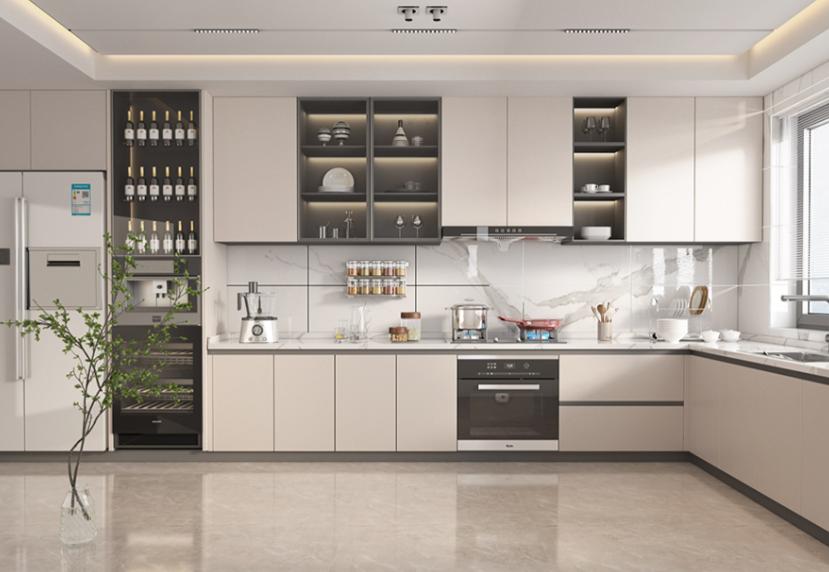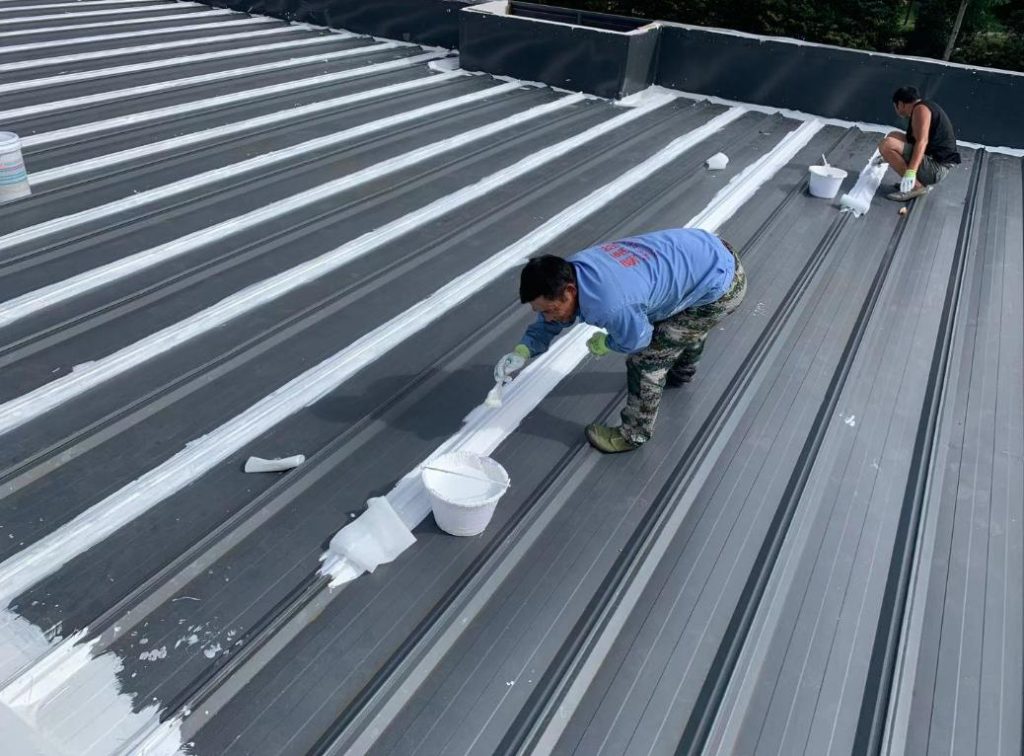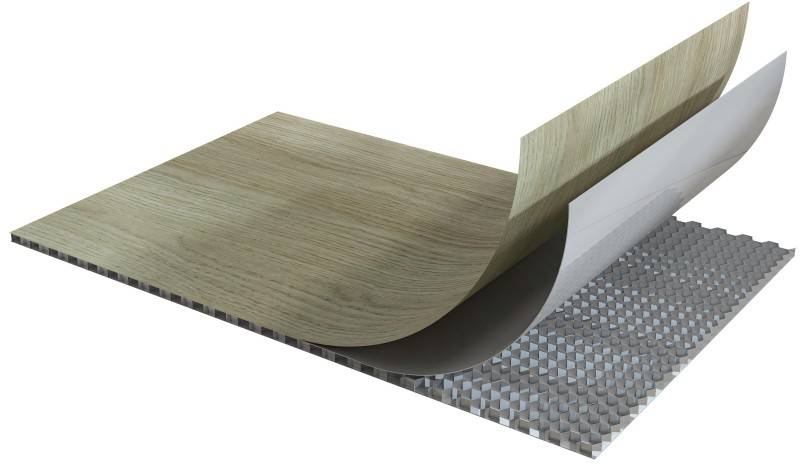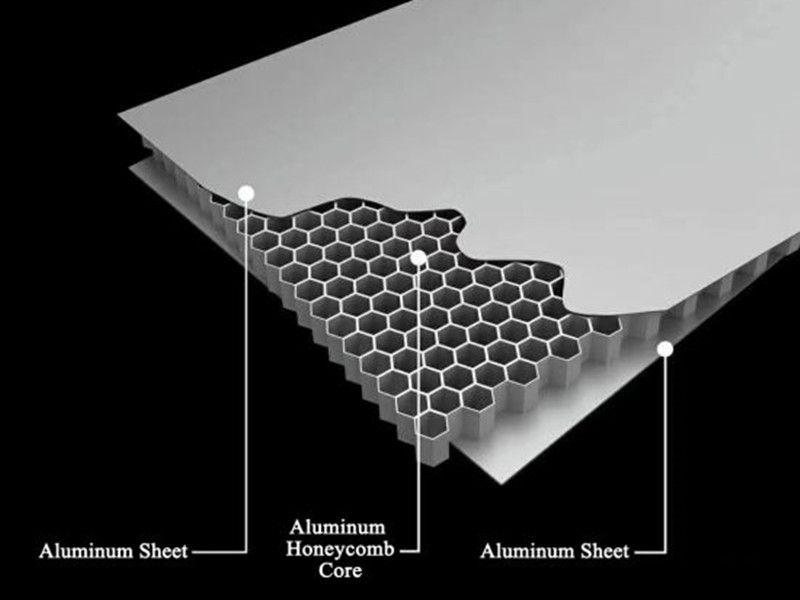In modern interior construction—particularly in bathrooms, kitchens, laundry rooms, and utility spaces—moisture control remains a top priority. Prolonged exposure to humidity often leads to swelling, rust, rot, or microbial growth on traditional door materials like wood or untreated steel. These problems are not just cosmetic; they can compromise structural integrity, increase maintenance costs, and shorten the service life of doors and partitions.
For both interior designers and building material manufacturers, selecting a door material that withstands high humidity is critical. Aluminium door sheets have emerged as a preferred choice for these conditions, offering a balance of durability, aesthetics, and cost-efficiency.
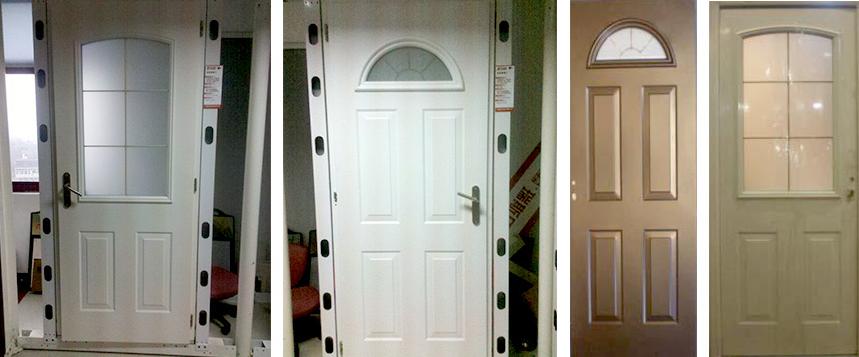
Why Aluminum is Your Go-To for Moisture-Prone Environments
Aluminium possesses natural corrosion resistance due to the formation of a protective oxide layer on its surface. Unlike wood, it does not absorb moisture, and unlike steel, it does not rust. This makes it a strong candidate for wet and humid environments.
Key Benefits of Aluminium Sheets in Moist Environments:
| Feature | Benefit |
| Corrosion Resistance | Long lifespan even in humid or coastal areas |
| Lightweight | Easy to install and retrofit |
| Non-porous Surface | Prevents mold or mildew growth |
| Low Maintenance | Requires minimal upkeep compared to wood or coated metals |
| Design Versatility | Compatible with various finishes and coatings |
These qualities make aluminium sheet for bathroom doors not just a trend, but a practical upgrade in both residential and commercial settings.
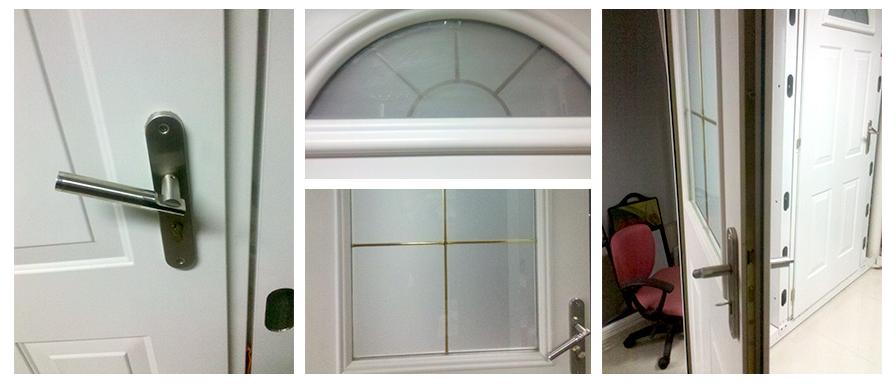
Key Considerations When Selecting Aluminium Door Sheets for Wet Areas
To get optimal results in moisture-prone applications, it’s not enough to simply choose “aluminium.” The alloy type, thickness, finish, and compatibility with ACP structures are all crucial factors. As manufacturers, we emphasize that attention to these details directly translates into the door’s performance and lifespan.
Material Type and Alloy Grade
Aluminium comes in various grades, and each serves a different purpose. For bathroom and door applications, corrosion-resistant grades are recommended.
| Alloy Grade | Characteristics | Recommended Use |
| 1100 | Soft, corrosion-resistant, low strength | Light-duty indoor doors |
| 3003 | Good corrosion resistance, better strength | Bathroom doors and partitions |
| 5052 | High strength, excellent corrosion resistance | High-traffic areas, commercial bathrooms |
Among these, 3003 is commonly chosen for its balance between performance and price.
Sheet Thickness and Strength
For aluminium doors, thickness matters. A sheet that is too thin may bend or warp under regular use, while a very thick sheet may increase cost unnecessarily.
- For standard residential bathroom doors, thicknesses ranging from 1.0mm to 1.5mm are generally suitable, providing a good balance of strength and manageability.
- For commercial applications or areas expecting heavier usage, thicknesses of 2.0mm or even 3.0mm might be more appropriate to ensure long-term stability and resistance to wear and tear.
Beyond just preventing physical damage, adequate thickness also contributes to the door’s sound insulation and overall feel of quality. A robust aluminium door sheet provides a more substantial and secure experience. Manufacturers carefully calibrate thickness based on the intended application, ensuring the sheet can withstand the rigors of its environment without compromising aesthetics or functionality.
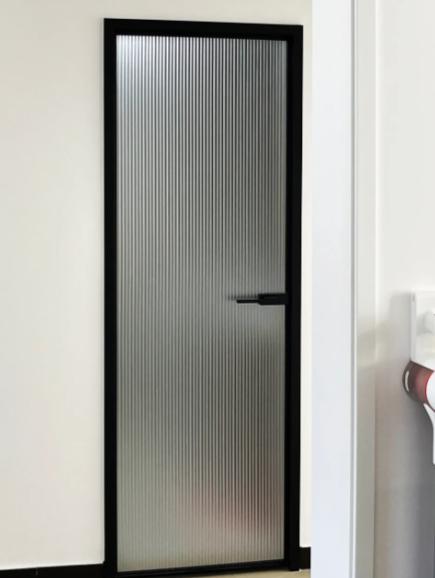
Surface Finish and Coating
Aluminium sheets used in wet areas should be finished to increase durability and aesthetics. Common finishes include:
- Anodizing: This electrochemical process thickens the natural oxide layer, significantly improving corrosion resistance, hardness, and wear resistance. Anodized finishes can also come in various colors, adding to design flexibility.
- Powder Coating: A dry powder is applied electrostatically and then cured under heat, forming a durable, protective layer. Powder coating offers an extensive palette of colors and textures (matte, glossy, metallic, wood grain), providing excellent resistance to chipping, scratching, fading, and moisture. This is especially popular for achieving specific aesthetic looks for an aluminium sheet for bathroom door.
- PVDF (Polyvinylidene Fluoride) Coating: While more common for exterior architectural panels, PVDF coatings offer exceptional weatherability and chemical resistance, making them suitable for highly demanding environments.
- Laminated or Film-Coated Sheets: Offers decorative textures (woodgrain, stone pattern, etc.)
These coatings not only protect the sheet but also allow customization to match interior aesthetics.
Compatibility with ACP (Aluminium Composite Panel) Doors
Many modern aluminium doors are constructed using ACP sheets, where aluminium skins are bonded to a non-aluminium core (typically polyethylene or fire-retardant materials). This construction leverages the benefits of both components. The aluminum core or frame provides structural rigidity and inherent moisture resistance, while the ACP cladding offers a smooth, highly customizable, and easy-to-clean surface.
The aluminium door with ACP sheet performance:
- Lighter weight without compromising strength
- Better thermal and sound insulation
- Easier fabrication into decorative or curved door shapes
Choosing aluminium sheets that bond well with ACP systems is crucial for contractors and OEM door manufacturers.
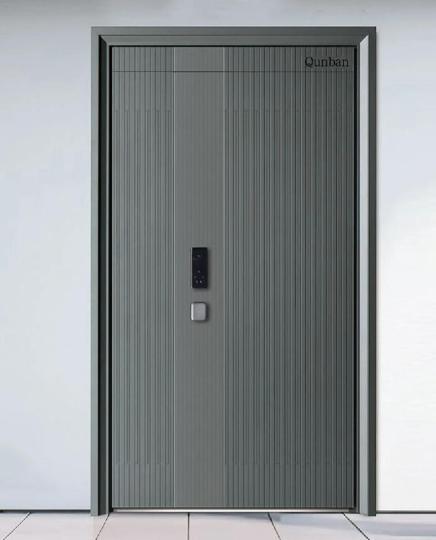
Sourcing Tips: Working with the Right Aluminium Sheet Manufacturer
Selecting the right aluminium sheet supplier is just as important as choosing the right material specifications. For contractors and building material distributors working in moisture-sensitive environments, a reliable manufacturer must offer more than just raw materials—they need to provide consistency, technical support, and flexible customization.
Why Work with CHAL Aluminium Corporation?
CHAL Aluminium Corporation is a trusted global supplier of aluminium products, known for its full-spectrum capabilities—from alloy design and sheet production to surface treatment and machining. Their deep understanding of aluminium applications in building interiors makes them an ideal partner for aluminium sheet needs, particularly in wet areas like bathrooms and kitchens.
Key Advantages of Sourcing from CHAL:
| Capability | Description |
| Material Range | Offers a wide selection of grades (1100, 3003, 5052, etc.) suitable for doors, bathroom panels, and ACP integration. |
| Precise Thickness Control | Supplies aluminium sheets in various thicknesses (0.5mm to 3mm), ensuring compatibility with both light and heavy-duty applications. |
| Advanced Surface Treatments | Provides anodizing, PVDF coating, powder coating, and lamination options—enhancing corrosion resistance and aesthetic flexibility. |
| Customization & Cutting | Supports custom dimensions, pre-cut sheets, and CNC machining, which reduces onsite fabrication time for contractors. |
| Compliance & Quality Control | ISO-certified manufacturing, with product inspection and documentation to meet architectural and project standards. |
CHAL’s integrated production lines allow for bulk supply at stable aluminium door sheet prices, making them suitable for both high-volume developers and mid-scale renovation firms.
Whether you need ACP-compatible aluminium sheets, or custom-coated panels for residential bathroom doors, CHAL offers the reliability, capacity, and technical expertise that help streamline your sourcing and improve project outcomes. Contact us for more details.

